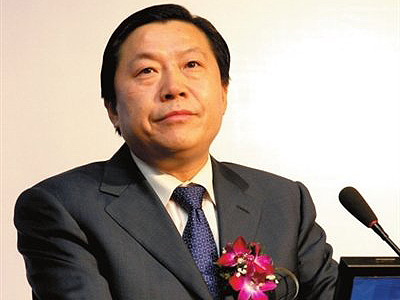At China Media Project, David Bandurski examines the career and colorful rhetoric of China’s ‘Cyberspace Minister’ Lu Wei. Lu’s recent pronouncements on Internet policy include the statements that “freedom and order are twin sisters,” that the Internet “must have brakes” and that China can “choose who [among foreign tech companies] can come to our home and be our guest.”
As the overarching information objectives of the CCP leadership (control/development/security) center not on the traditional media system — which in recent years has been quite effectively muzzled in China — but rather on vast, dispersed and global internet-based new media, it is time to ask: is the Central Propaganda Department being marginalized in favor of a new, rebalanced system of information controls under Xi Jinping?
If this is the case, then Lu Wei is the chief disciple of this important shift.
[…] To simplify the choice ostensibly facing the entire world as it discusses the future of the internet (at the “Wuzhen Summit”), Lu Wei marshaled another of his favorite analogies. Global internet chiefs and politicians must come together to ensure that “the internet becomes Ali Baba’s treasure cave for humankind, and not Pandora’s box.”
A controlled internet — with a built-in “brake system” — offers the promise of riches to all. The alternative is not freedom but pandemonium. That, anyhow, is the stark information worldview presented by China’s internet czar, a man whose Midas touch turns propaganda into proverb. [Source]
Reuters’ former Editor in Chief David Schlesinger commented on Twitter:
Good article on China internet czar Lu Wei by China Media Project (I've had many dealings w/Lu- he is v. tough &hard) http://t.co/X59dmBmeQX
— David Schlesinger (@daschles) November 5, 2014








